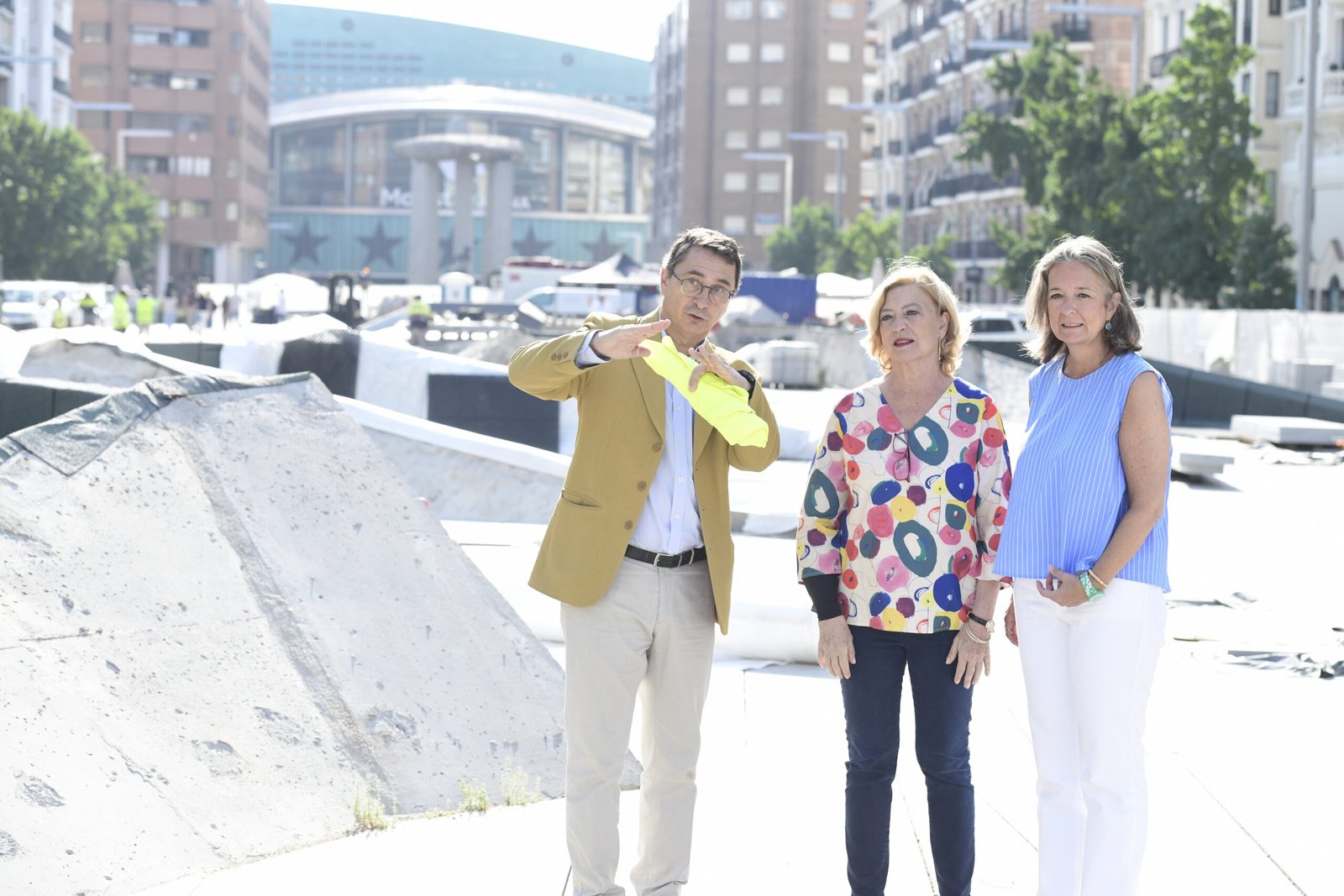From July 10th to November 17th, the 4th floor of CentroCentro will host the exhibition "Instante eterno en el jardín." Curated by Lola Durán Úcar, this showcase features works by Cristina Almodóvar, Chus García-Fraile, and Daniel Verbis. The garden is portrayed as a playful and contemplative space, a corner of protection, a place of paradise and desire – but also of excess and downfall. Through a sensory, reflective, and symbolic journey, visitors will explore this territory rich in meanings.
"Instante eterno en el jardín" invites viewers to pause, observe, and let time take on a different rhythm and mode. It encourages a deep, poetic, and provocative gaze at nature. The exhibited works, spanning painting, sculpture, drawing, collage, video, installations, and poetry, offer various paths to this recreated garden. They evoke it through emotions, intimate gestures, symbols, and technology. The collection includes representative pieces from each artist’s career, as well as works created specifically for this exhibition, such as Chus García-Fraile’s installation "Charms," Daniel Verbis’s mural "Edén sin Adán," and Cristina Almodóvar’s sculpture series "Vibraciones."
Admission to the exhibition is free, and starting in September, guided tours with the curator and artists will be available. For schedules and more information, visit centrocentro.org.
Three Interpretations of the Garden
Cristina Almodóvar (Madrid, 1970) sees nature as a form that reveals itself to the observer, a constantly changing language. Her works stem from attentive observation of the elemental – a falling leaf, the wind that moves it, the material that returns to the ground to disappear. In this cyclical gesture, both physical and poetic, she finds a way of thinking that does not seek to impose order but to learn from the natural logic, where form and function are inseparable, and beauty stems from a natural balance. Whether through expanded drawing, installations integrating sand, metal, or moving paper, or forms suspended between the vegetal and the constructive, her work invites a perception of time that is organic, fluid, open to transformation, rather than linear or rushed.
Chus García-Fraile (Madrid, 1965) delves into the visual codes of well-being and consumption, transforming them with irony into signs of emotional and symbolic protection. She proposes a dialogue between the intimate and the collective, the natural and the constructed. Tradition and technology intertwine in her works as intertwined traces of the same landscape memory. Her structures, shining and colorful, turn the utilitarian into protective gestures, creating a space for intuition, perception, and pause.
Daniel Verbis (León, 1968) unfolds an intimate and overflowing imaginary where the vegetal, the erotic, and the pictorial merge. His painting turns the garden into a mental, sensual, and symbolic space, imbued with impulse, pleasure, and downfall – a contemporary, deeply personal echo of the "Garden of Earthly Delights." Each piece is the result of a constantly evolving process where the vegetal, mineral, and carnal blend, and painting becomes a sensitive extension of thought and body. For the artist, the garden is a stage where human complexity is expressed, with contradictory impulses, where even the most rugged aspects can reveal themselves as a source of beauty. /



